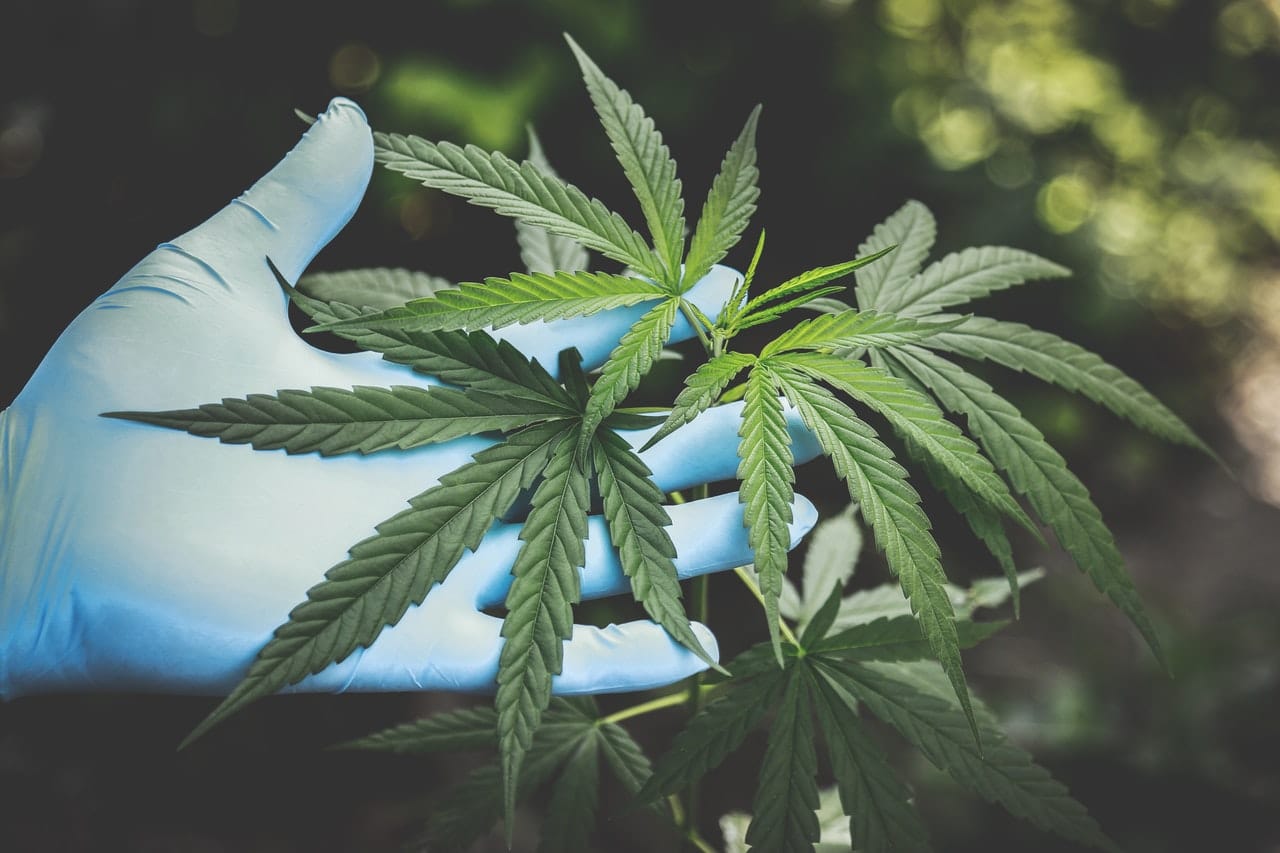TYPE OF SERVICE
Medical Marijuana Certification
be informed
Qualifying Conditions
Studies have shown that medical cannabis can assist patients suffering from certain serious medical conditions by alleviating pain and improving their quality of life. Under the Pennsylvania Medical Marijuana Act, “serious medical conditions” are defined as any one of the following:
-
Amyotrophic lateral sclerosis.
-
Anxiety.
-
Autism.
-
Cancer, including remission therapy.
-
Crohn’s disease.
-
Damage to the nervous tissue of the central nervous system (brain-spinal cord) with objective neurological indication of intractable spasticity, and other associated neuropathies.
-
Dyskinetic and spastic movement disorders.
-
Epilepsy.
-
Glaucoma.
-
HIV / AIDS.
-
Huntington’s disease.
-
Inflammatory bowel disease.
-
Intractable seizures.
-
Multiple sclerosis.
-
Neurodegenerative diseases.
-
Neuropathies.
-
Opioid use disorder for which conventional therapeutic interventions are contraindicated or ineffective, or for which adjunctive therapy is indicated in combination with primary therapeutic interventions.
-
Parkinson’s disease.
-
Post-traumatic stress disorder.
-
Severe chronic or intractable pain of neuropathic origin or severe chronic or intractable pain.
-
Sickle cell anemia.
-
Terminal illness.
-
Tourette syndrome.
How To Obtain A Certificate:
For a full listing of the rules and regulations governing the dispensing of medical cannabis, please follow this link to the official site of the Pennsylvania Medical Marijuana Program. All patients must bring with them to their appointment a valid Pennsylvania ID as well as any relevant medical records that document the specific medical condition you have that would make you eligible for the program. Please see Qualifying Conditions for a list of medical conditions approved for medical cannabis use.
First, visit the Patients and Caregivers Registry and create a patient profile in the Department of Health’s patient registry.
Next, call our office to schedule an appointment to obtain a physician’s certification that you suffer from one of the 23 serious medical conditions.
Then, return to the Patient and Caregivers Registry and pay for a medical marijuana ID card.
After your medical marijuana ID card arrives in the mail, obtain medical cannabis from an approved dispensary in Pennsylvania. Dispensary locations are listed on the state website. It is recommended the first time you visit a dispensary to schedule an appointment to meet with the dispensary pharmacist.
No Need to leave your home. We offer telemedicine for medical marijuana.

